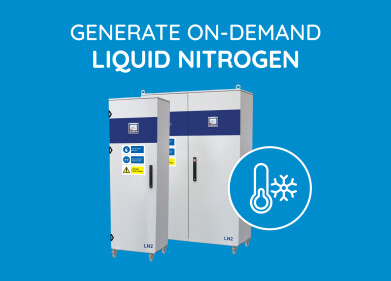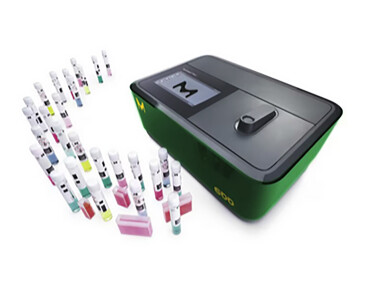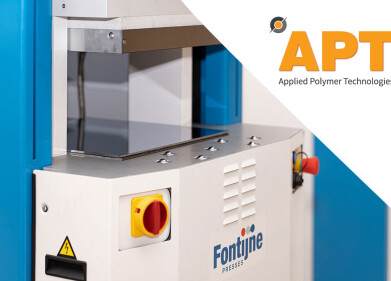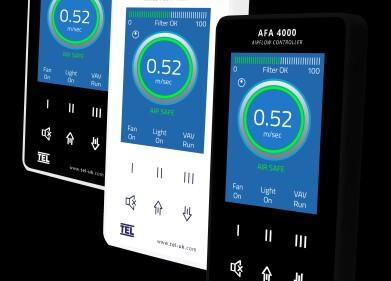Laboratory products
Straightforward Determination of Iodine Value in Fats and Oils Using Thermometric Titration
Oct 09 2017
Iodine value (IV) is a measure of the total number of double bonds present in fats and oils. It is expressed as the ‘number of grams of iodine that will react with the double bonds in 100 grams of fats or oils’. The determination is conducted by dissolving a weighed sample in a non-polar solvent such as cyclohexane, then adding glacial acetic acid. Metrohm Application Note AN-H-076 describes the procedure.
The double bonds are reacted with an excess of a solution of iodine monochloride in glacial acetic acid (‘Wijs solution’). Mercuric ions are added to hasten the reaction. After completion of the reaction, the excess iodine monochloride is decomposed to iodine by the addition of aqueous potassium iodide solution, which is then titrated with standard sodium thiosulfate solution.
The titration procedure eliminates operator involvement in the determination. The Wijs’ solution is added, with a 300 seconds (5 minutes) wait programmed before 10 mL of 15% KI solution is added. The titration commences automatically.
Thermometric titration has been successfully used to analyse foods ranging from dairy products, instant noodles, cheese, canned fish, dry snack food, sauces, soups, and more.
Digital Edition
Lab Asia 31.6 Dec 2024
December 2024
Chromatography Articles - Sustainable chromatography: Embracing software for greener methods Mass Spectrometry & Spectroscopy Articles - Solving industry challenges for phosphorus containi...
View all digital editions
Events
Jan 22 2025 Tokyo, Japan
Jan 22 2025 Birmingham, UK
Jan 25 2025 San Diego, CA, USA
Jan 27 2025 Dubai, UAE
Jan 29 2025 Tokyo, Japan









.jpg)









